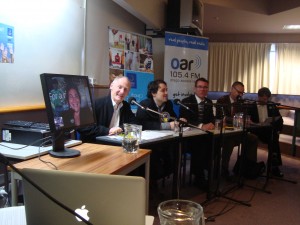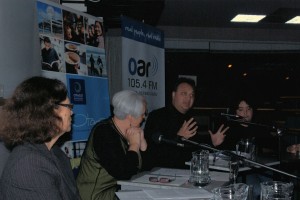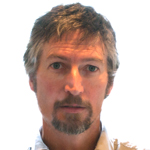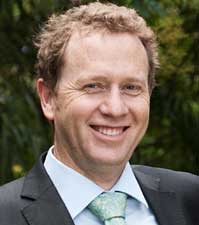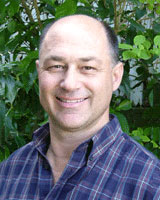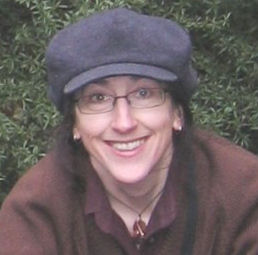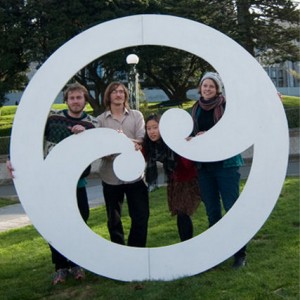Over the past four weeks the Sustainable Lens team has hosted four political forums. Fifteen candidates have spent eight hours exploring the issues of the election through the lens of sustainability. While most get it, some are a very long way from understanding a holistic view of sustainability.
We have distilled the four shows down to this one-hour super special. Even after the election we believe it will be useful as a resource. It clearly reflects differing understandings across the political spectrum, both the issues we face, and the approaches to solving them.
Dunedin South: Joanne Hayes (National), Warren Voight (Democrats for Social Credit), Clare Curran (Labour), Shane Gallagher (Greens).
Dunedin List: Alex Kruize, Victor Billot.
Te Tai Tonga: RÄhui KÄtene (Maori), Dora Roimata Langsbury (Greens), Rino Tirikatene (Labour), James Gluck (representing Clinton Dearlove – Mana).
Dunedin North: Metiria Turei (Greens), Pete George (United Future), Guy McCallum (ACT), Michael Woodhouse (National), David Clark (Labour).
The election specials were produced by Samuel Mann and Otago Access Radio’s Lesley Paris. We extend our heartfelt thanks to sound engineer Geoff Barkman, and our hosts and sponsors Otago Polytechnic.


